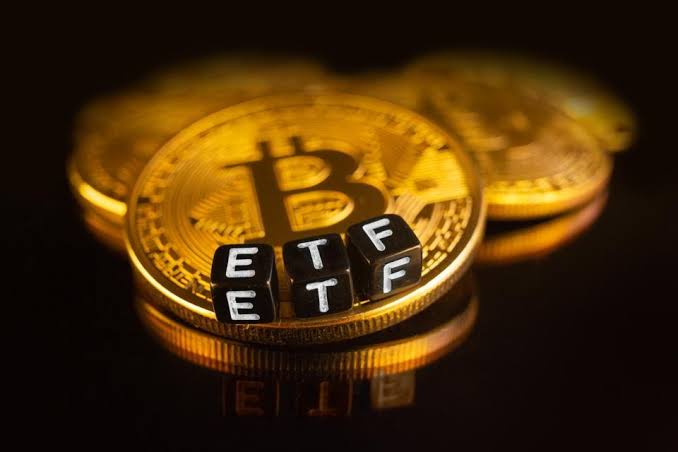
Bitcoin’s Price Stability, Impending Impact of Spot ETFs
Since mid-June, Bitcoin’s price has been on hold as the asset trades within a tight range. The BTC to USD exchange rate remained above $30,000, with resistance at $30,000.
The markets appear to be awaiting the SEC’s sanction of Bitcoin ETFs.
An indicator of Bitcoin’s price stability reached a five-year nadir at the start of August. Inexplicably, Bitcoin was temporarily less volatile than U.S. equities this month.
With each new application for a Bitcoin spot ETF, however, the bullish pressure on BTC’s chart increases.
Institutional investors are interested in blockchain exposure via an ETF product they can comprehend and a reputable Tradfi partner.
The list of Bitcoin spot ETF applications is extensive and growing. When the first approval is granted, market observers anticipate a significant increase in exchange rates.
Eric Balchunas, a senior ETF analyst at Bloomberg, recently noted in a Twitter (X) post that “every single one of the top 15 best-performing equity ETFs this year is crypto-related.”
Moreover, according to Balchunas, a spot Bitcoin ETF would increase North American crypto ETF volumes to 99.5% of the global market. First and foremost, it is astonishing that this figure is already 97.67%.
ETFs are the preferred method for institutional and Tradfi participants to gain blockchain exposure.
This demonstrates how far ahead European Tradfi firms and baby boomer US investors in the United States are when it comes to treating the disruptions of the cryptocurrency industry seriously.
Using this metric, the disparities between US and European attitudes toward blockchain and cryptocurrencies are startling.
Despite some eye-popping ROIs, sophisticated European investors are largely shunning cryptocurrency ETFs.
Americans’ greater risk tolerance in business ventures and financial investments contributes to this substantial disparity.
According to research:
“People living in Germany, Austria, and the Netherlands are the most risk-averse, while those in the US, Turkey, Australia, and the UK are more accepting of risk.”
Another factor may be the compatibility of traditional American values, such as individual liberty and private property, with blockchain’s open market.
Businesses and advocates for cryptocurrencies in the Eurozone may have tremendous success promoting the industry’s products by emphasizing how they correspond with the values of fairness, social justice, and progress.
